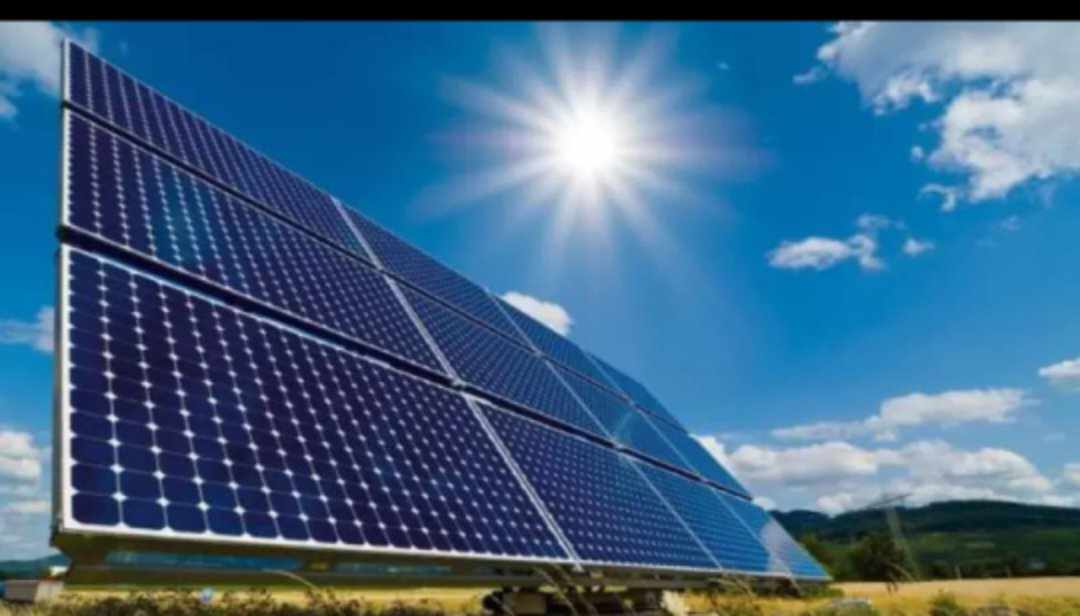- Local News
- Tue-2023-09-12 | 04:01 pm

Nayrouz News Agency :
Jordan has landed in first place in the percentage of installed capacity of renewable energy sources, excluding hydropower, according to the 2022 Arab Future Energy Index (AFEX) report, which was prepared by the Regional Center for Renewable Energy and Energy Efficiency (RCREEE).
Minister of Energy and Mineral Resources Saleh Kharabsheh said that Jordan's supply of oil derivatives is at 100 percent and that the contribution of renewable energy to the overall electrical energy generated has increased to 27 percent over the past year.
According to an annual report of the Ministry of Energy for 2022, electrical energy in the Kingdom was generated using 68 percent natural gas, 27 percent renewable energy and 5 percent from oil shale, compared to 73 percent for natural gas and 26 percent for renewable energy for the year 2021.
The average amount of natural gas consumed in generating electric power reached about 340 million cubic feet per day from the four available sources.
The total installed capacity of projects to generate electrical energy from renewable energy sources reached about 2,577 megawatts, including 1,498 megawatts from projects from which the generated electrical energy is sold to electricity companies (consisting of 614 megawatts wind energy, 884 megawatts solar energy), and 1,079 megawatts from renewable energy system projects owned by subscribers to cover their consumption using net metering and transit transmission (consisting of 696 net metering, 383 transit).
Regarding the generation of electricity using direct burning of oil shale, this project, which relies on the direct burning of oil shale to generate electricity with a capacity of 470 megawatts, is being implemented by the Attarat Power Company, as the first unit of the electric power generation station was operated onOcotober 25, 2022 with a capacity of 235 megawatts. It is expected that the second unit will be operational during the second quarter of this year.
Additionally, the report indicated that the total quantities of Iraqi crude oil supplied to the Kingdom last year were about 2.45 million barrels, which constitutes about 7 percent of the Jordanian market’s need. The amount was transported through 9,543 tankers under a memorandum of understanding between the Iraqi Ministries of Energy and Mineral Resources and Oil signed in 2021.
In the field of natural gas, gas sources are being diversified through Egyptian natural gas, northern gas, liquefied natural gas from the liquefied natural gas ship floating in Aqaba, and natural gas from the Risha gas field.










